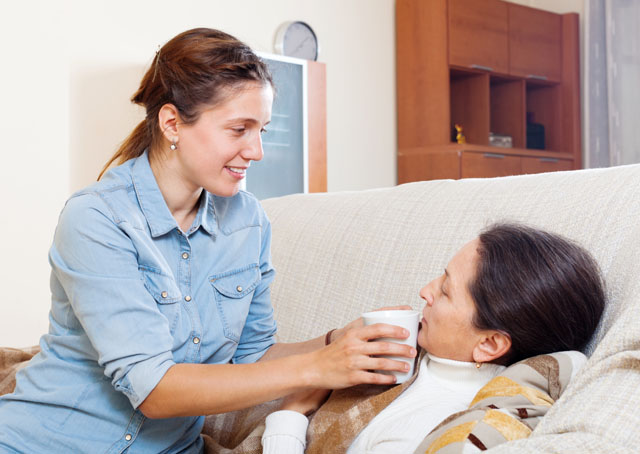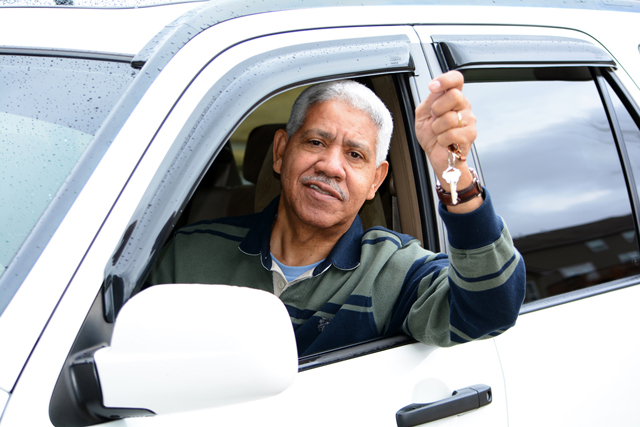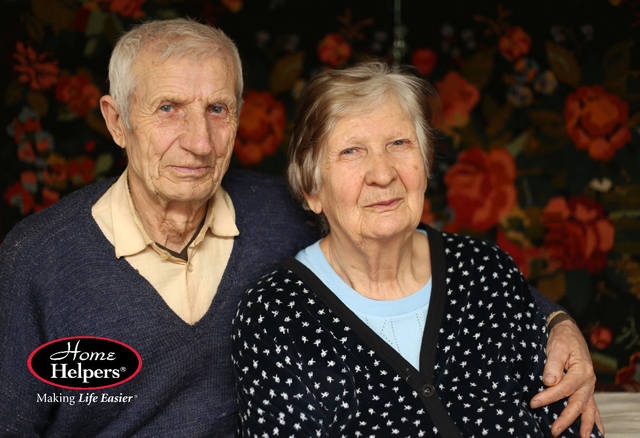For nursing homes and retirement facilities, there’s nothing more valuable than high-quality help. While many businesses need qualified and reliable help, no industry needs it quite like that of caring for the elderly. Being a caregiver for the elderly has so many rewards, along with some challenges. But for the right people, there is no more fulfilling job!
Do you enjoy chatting and caring for seniors? Perhaps you have had experience in caring for a grandparent or aging parent. Whether you work as an assistant in a nursing home or adult day center, or perhaps you want to go all the way with a nursing degree to work with the aging population, there are many opportunities and they all need quality people! Maybe you would be just right to go and sit with an elderly person in their own home, help with meals and light housekeeping and listen to a lifetime of stories and wisdom from their unique perspective. Even seniors who suffer from dementia and Alzheimer’s have a great grasp on their long-term memories, and therefore love to tell stories from yesteryear. If this sounds like an interesting opportunity to you, consider the following benefits:
- High Demand. As more and more of our population are aging well into their 80’s and 90’s, it provides a unique opportunity for a high level of care. Caregivers can help them enjoy their homes as long as possible.
- Flexibility. Caregivers can have flexible hours that work around family life and other responsibilities. Perhaps you are a new empty-nester and wanting some new purpose in your life. Caregiving for seniors is a wonderful way to get that!
- On-the-job training. You don’t have to know everything up front. So much can be learned on the job. If you work alongside an experienced caregiver, you will quickly learn the ropes and get to know the ins and outs of being a great senior caregiver. A lot of heart and skill go a long way!
- Make a True Difference. As an elderly caregiver, you will have the beautiful peace of mind that comes from doing something greater than yourself. Giving care to the generation that has raised us and loved us is a very fulfilling thing to do. They deserve the best and we are their advocates and voice when no one else can be. You will also be giving immediate family members a much-needed break from the daily grind of taking care of their loved one. Your skill will not only bless the person for whom you are caring but also their family.
What Are the Requirements?
Each organization will have their own requirements, but much of it will be the basics—a background check, drug screening, fingerprinting and verification of reliable transportation. One these things are established, you will find that many organizations are looking for willing and qualified people to care for our most precious generation.
Call us today with any questions to find out how rewarding a career in caregiving for the elderly can be. Apply today to join our dynamic team of caregivers at Home Helpers!










